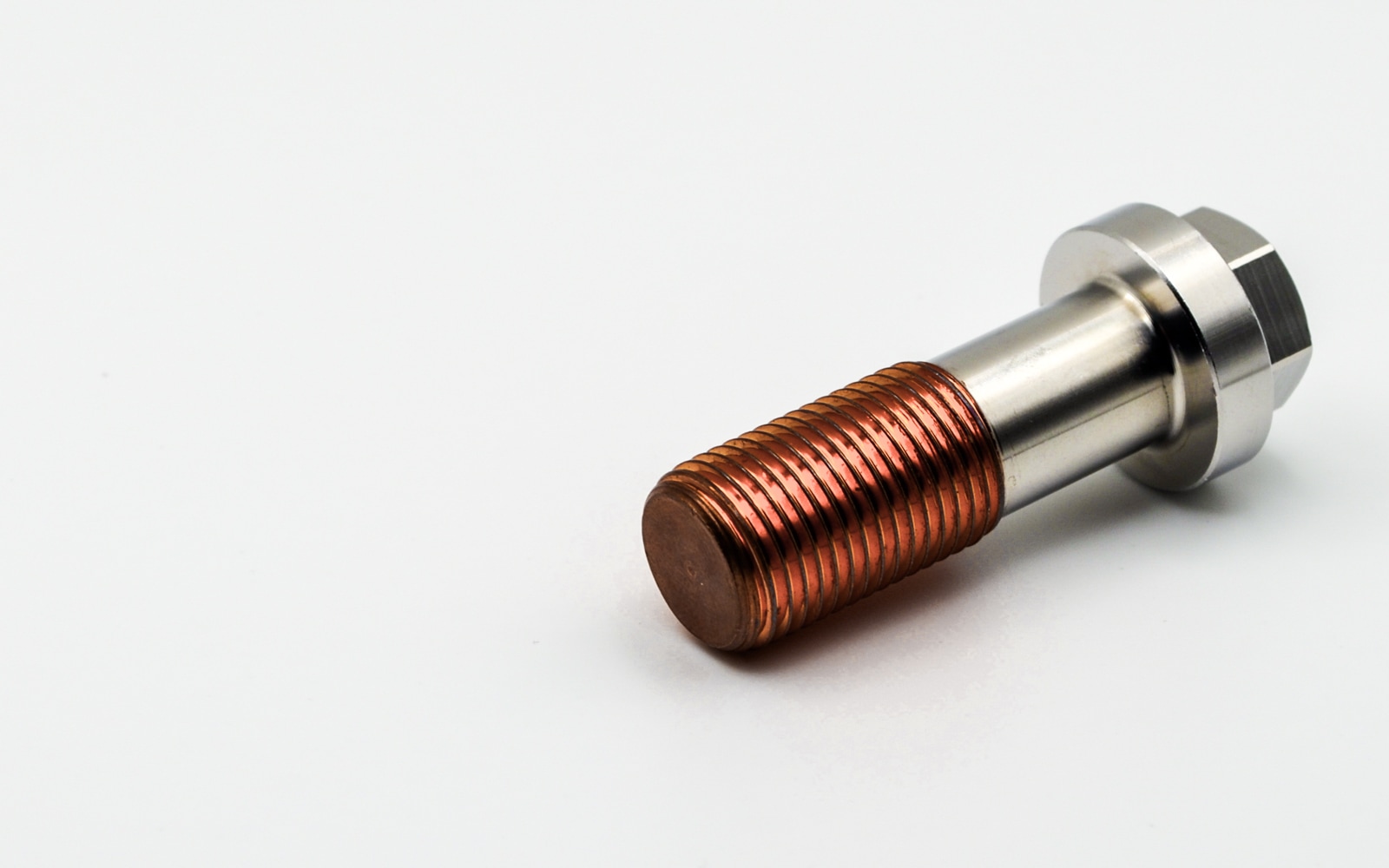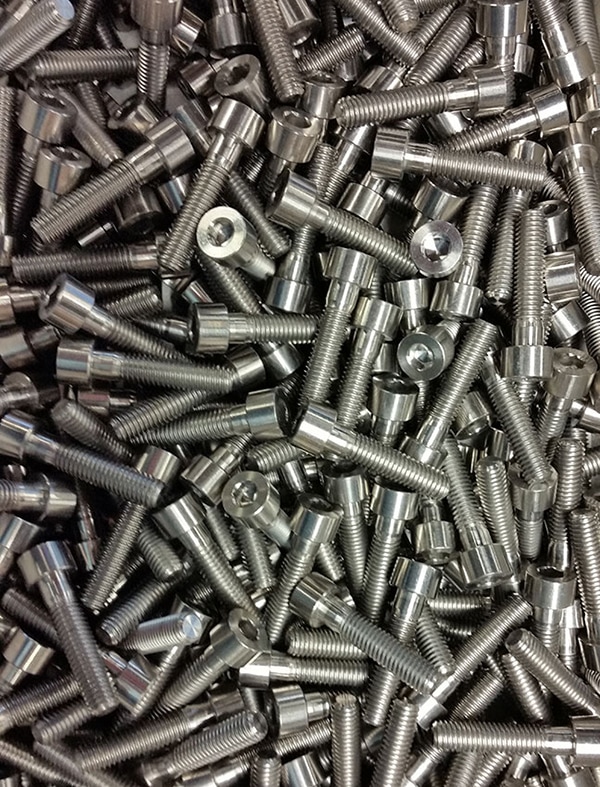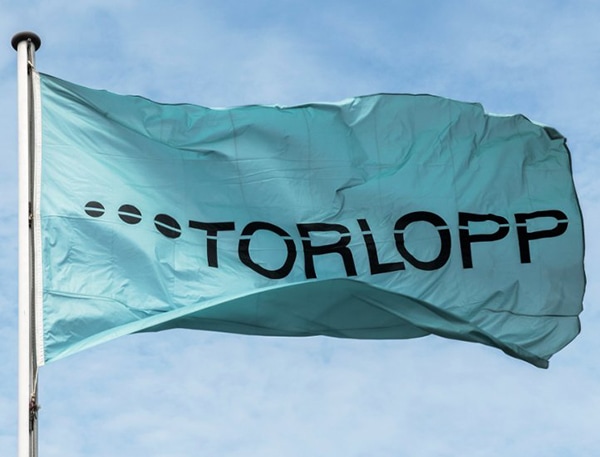TORLOPP GMBH
Glossary Coating screws
Screws are indispensable in many applications, but they are often susceptible to corrosion, wear and other types of damage. Coating screws helps to solve these problems and improve their service life and performance.
Coating can protect screws against corrosion and rust, among other things. Corrosion can be caused by various factors such as moisture, salt, acid and other chemicals that get onto the screw surface. A suitable coating prevents these substances from attacking the screw and impairing the integrity of the screw.
Coatings can also help to reduce the wear of screws by reducing the friction between the screw and the surface on which it is used. Screws then last longer and need to be replaced less often.
What coatings are available for screws?
Some of the most common types of coatings applied to screws:
- Galvanizing: During galvanizing, the screw is coated with a layer of zinc that protects against corrosion.
- Phosphating: Phosphating is a process in which the screw is immersed in a phosphate solution to create a coating on the surface. This coating improves corrosion protection and reduces the adhesion of dirt and dust.
- Powder coating: Powder coating is an electrostatic coating in which a layer of powder is first applied to the screw and then cured in an oven. This coating is durable and offers a high level of corrosion protection.
- Coating with Teflon or PTFE: Teflon or PTFE (polytetrafluoroethylene) are polymeric materials with excellent resistance to corrosion and friction. Screws are provided with a Teflon or PTFE coating to improve their service life and performance.
Our expertise, your advantage
Do you have any questions? We provide competent and comprehensive advice. Take us at our word:
Industrial technology advice: +49 (0)48 21 – 89 79-0
Measurement technology advice: +49 (0)48 21 – 89 79-79
You can also send us an e-mail – info@torlopp-gmbh.de – or use the contact form.



